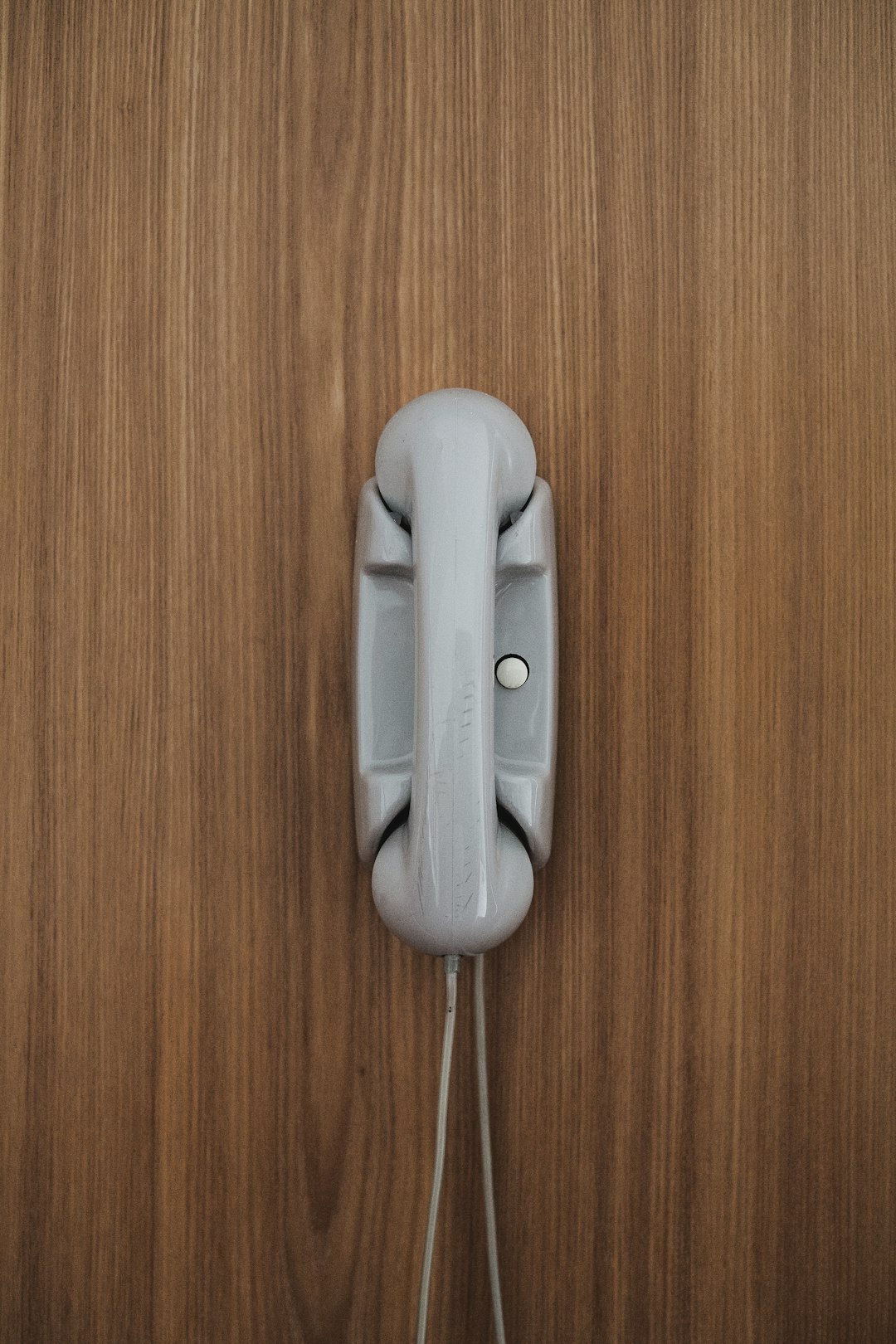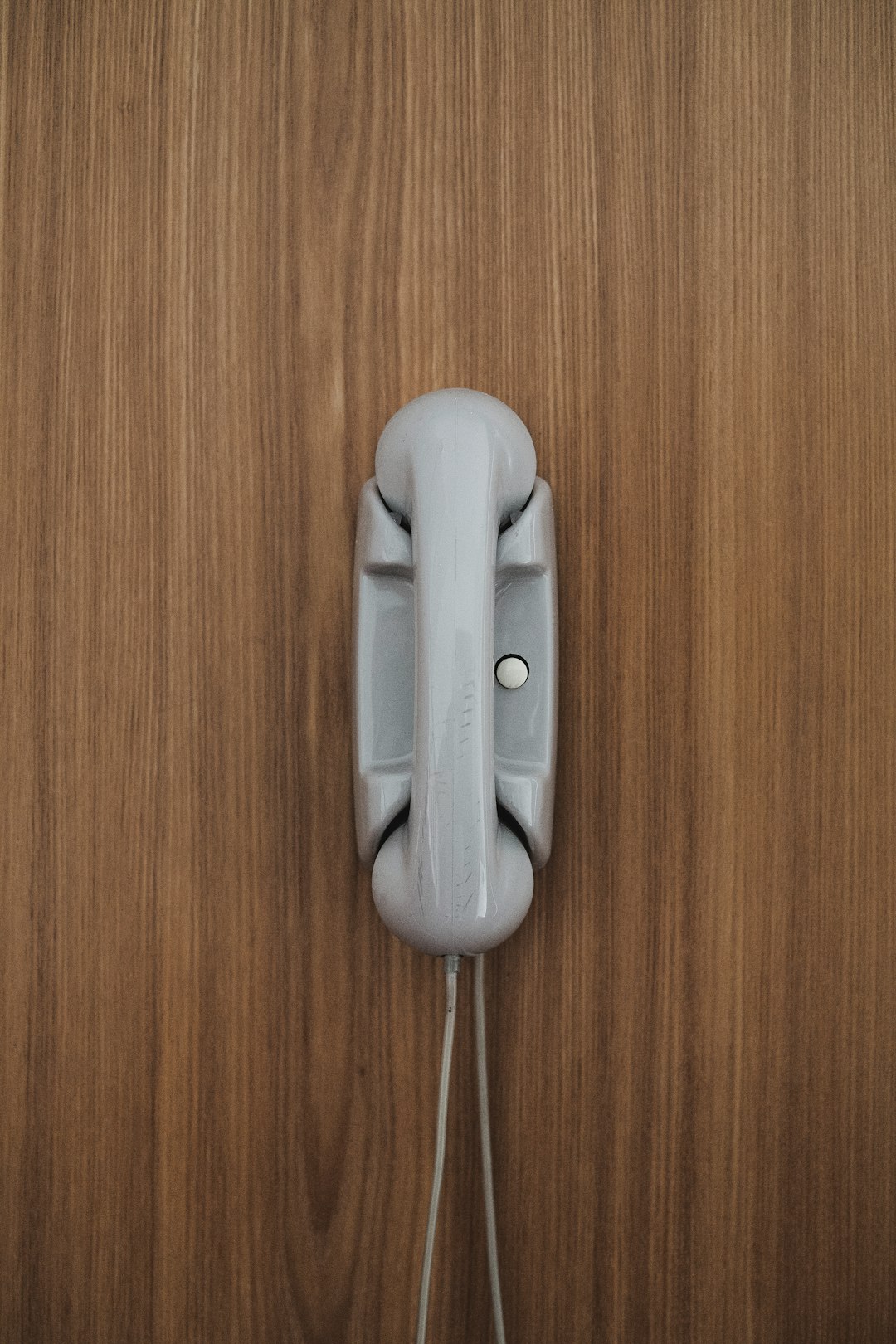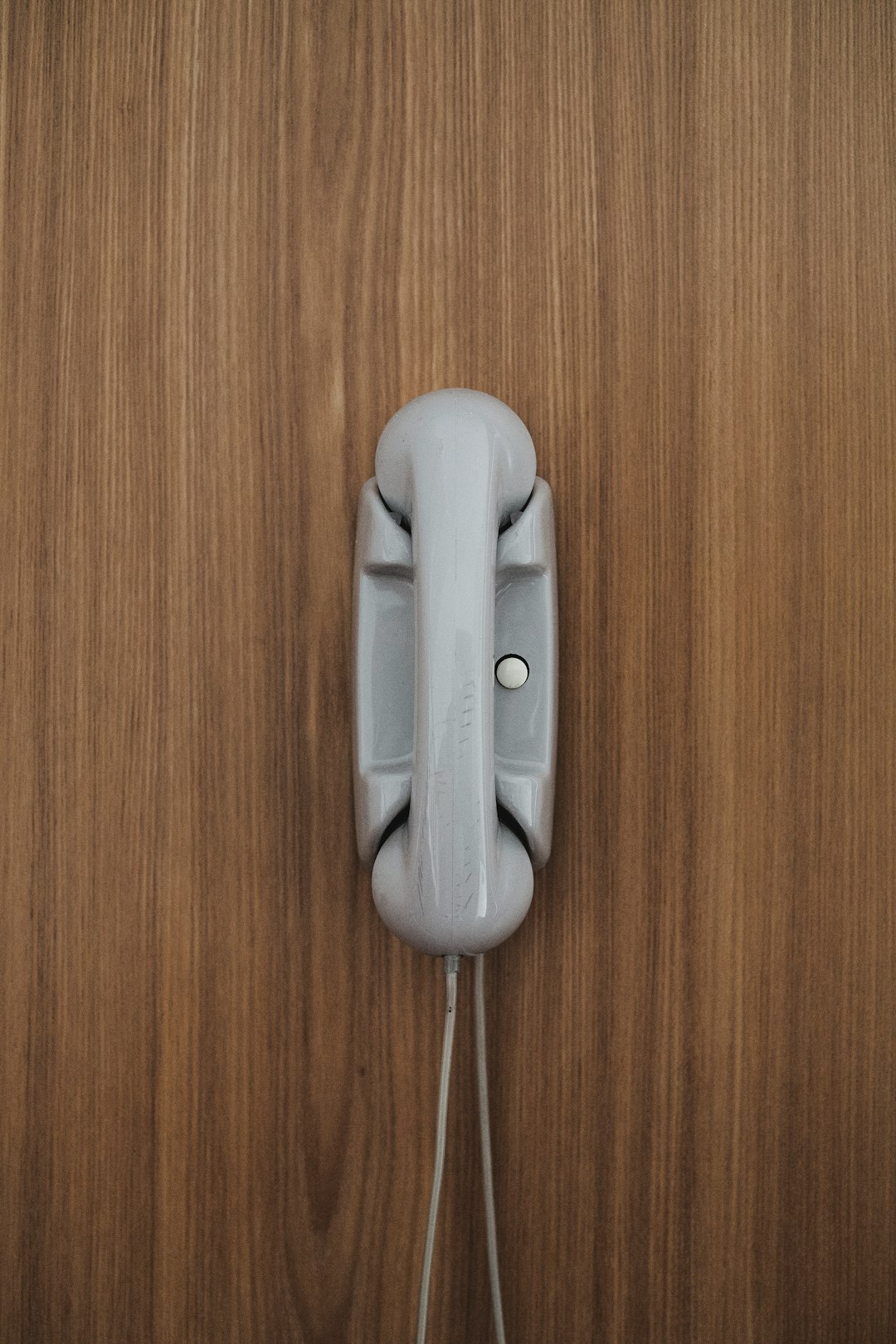Maryland's debt collector laws enforce fair and transparent debt recovery practices by restricting abusive language, false claims, and deceptive behaviors. These regulations require collectors to validate debts within 30 days, limit calls to reasonable hours, maintain debtor privacy, and provide detailed debt information. Strict penalties are imposed on violators, ensuring consumers are protected from aggressive collection tactics while promoting ethical interactions.
In Maryland, debt collectors must adhere to strict regulations outlined in its debt collection laws. Understanding these rules is crucial for both consumers and debt collectors alike. This article delves into the prohibited language examples used by debt collectors in Maryland, exploring consumer rights and protections while shedding light on unfair collection practices. By understanding these legal boundaries, you can ensure fair treatment when dealing with debt collectors in the state.
Understanding Maryland's Debt Collection Laws

Maryland has specific laws in place to protect consumers from aggressive or unfair practices by debt collectors. Understanding these regulations is crucial for both debtors and creditors. The state’s debt collection laws aim to ensure fair treatment and transparency during the recovery process.
One key aspect is the restriction on certain language and behavior by debt collectors. They are prohibited from using abusive, obscene, or threatening language, as well as false or deceptive statements. This includes claiming to represent a government agency when they don’t, or implying that non-payment will result in arrest or legal action unless allowed by law. Such practices can lead to significant penalties for the offending collector.
Prohibited Language in Debt Collector Communications

Debt collectors in Maryland must adhere to strict regulations regarding their communication with debtors. According to the Maryland Debt Collector Laws, certain language is strictly prohibited in collection efforts. Collectors cannot use abusive, threatening, or coercive language when contacting individuals about debts. This includes threats of violence, obnoxious or insulting remarks, and any attempt to intimidate or harass the debtor.
Additionally, debt collectors are not allowed to make false or misleading statements about the debt’s status or the consequences of non-payment. They must also respect the debtor’s privacy by refraining from discussing the debt with third parties unless necessary for collection purposes. These regulations aim to protect consumers from aggressive and unfair debt collection practices, ensuring a more transparent and respectful interaction between collectors and debtors in Maryland.
Consumer Rights and Protections in Maryland

In Maryland, consumer rights and protections are stringent, especially regarding debt collection practices. The state has specific laws in place to safeguard individuals from aggressive or unfair debt collector behavior. According to the debt collector laws in Maryland, collectors must provide validation of the debt they are attempting to collect, including the amount owed and the original creditor’s name. They are prohibited from using abusive, threatening, or oppressive language when communicating with debtors.
Consumers in Maryland also have the right to dispute the validity of a debt within 30 days of receiving a collection notice. This gives individuals a significant amount of control over their financial matters. Additionally, debt collectors cannot call consumers at unreasonable times, such as before 8 am or after 9 pm, unless the debtor has agreed to it. These protections are designed to ensure fair and transparent interactions between debtors and collectors, promoting a more amicable resolution process for both parties.
Examples of Unallowed Collection Practices

Debt collectors in Maryland must adhere to strict regulations outlined by both state and federal laws to ensure fair and ethical practices. Examples of unallowed collection practices include using abusive, threatening, or coercive language. Debt collectors are prohibited from making false statements about a consumer’s debt, such as claiming they have legal documentation when none exists. Additionally, they cannot call at inconvenient times, like before 8 am or after 9 pm, unless the consumer has given explicit consent.
Other prohibited practices include using obscene or profane language, harassing or threatening consumers, and using deception or false pretenses to collect debt. Debt collectors also cannot accept payment methods that are not legally allowed, such as demanding cash payments only or charging excessive fees. These restrictions aim to protect consumers from aggressive and unfair collection tactics, ensuring they receive respectful and lawful treatment during the debt recovery process.
Enforcing Debt Collector Legal Boundaries

Debt collectors in Maryland must adhere to strict legal boundaries set forth by the state’s debt collection laws. These regulations protect consumers from aggressive or misleading practices, ensuring fair treatment throughout the collection process. For instance, collectors cannot use language that is false or deceptive, such as claiming to have legal authority they don’t possess or threatening actions that they can’t deliver.
Additionally, Maryland law limits the time and frequency of collector contact, restricts certain types of communication (like automated calls or texts), and mandates clear disclosure of the debt amount and the collector’s identity. Understanding and enforcing these boundaries is crucial for maintaining ethical debt collection practices, fostering consumer trust, and upholding the integrity of the legal system in Maryland.






